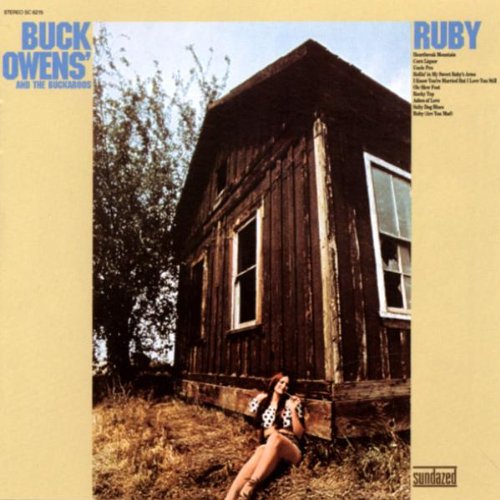Disc 2 Track 3
I’ve said before in this series that one of the enduring questions with the Bottle Rockets is “is Henneman singing from his own point of view, or voicing a character?” And that, if it’s his own POV, the stretch when the songs for the Rockets’ first two albums were written must have been a really weird time in his life.
Because once again, “I’ll Be Comin’ Around” is essentially a song about being horny; the speaker’s propositioning someone who’s partnered up, and saying that he is 1000% OK with any relationship configuration that gets him in the (back) door. I was going to reproduce a couple of verses, but it turns out that these are in fact *all* of the words to the song:
If he ever changes him mind
Thinks of leaving you behind
Or if you just want something more
When he steps out the front door
I’ll be coming around
Knocking your backdoor down
I’ll be coming around
Knocking your back door down
If he ever breaks your heart
Decides he wants to make a new start
Or if you just want to be vile
When he steps out for awhile
The speaker’s ready to get together if the target’s partner strays, or is up for whatever “if you just want to be vile.”
The weird thing is that this song that exists in the shadow of at least two different flavors of infidelity (one of them self-described as “vile”) somehow comes across as really wholesome, partly on the basis of Henneman’s gleeful deliver and partly on the basis of the relentlessly cheerful major-key musical arrangement. Wordless sections dominate vocal sections, including a repeated bridge that ticks along like a cheerful machine.
The tension makes the song; if the Rockets are usually very good at pairing form and content, setting them at odds here kicks the song into an interesting psychological space and makes you somehow low-key root for the vile homewrecker. There’s a lot of infidelity in country music, but it isn’t usually this cheerful.
The extent to which “knocking your back door down” is a euphemism is, I guess, up to the filthy-mindedness of a particular listener.
